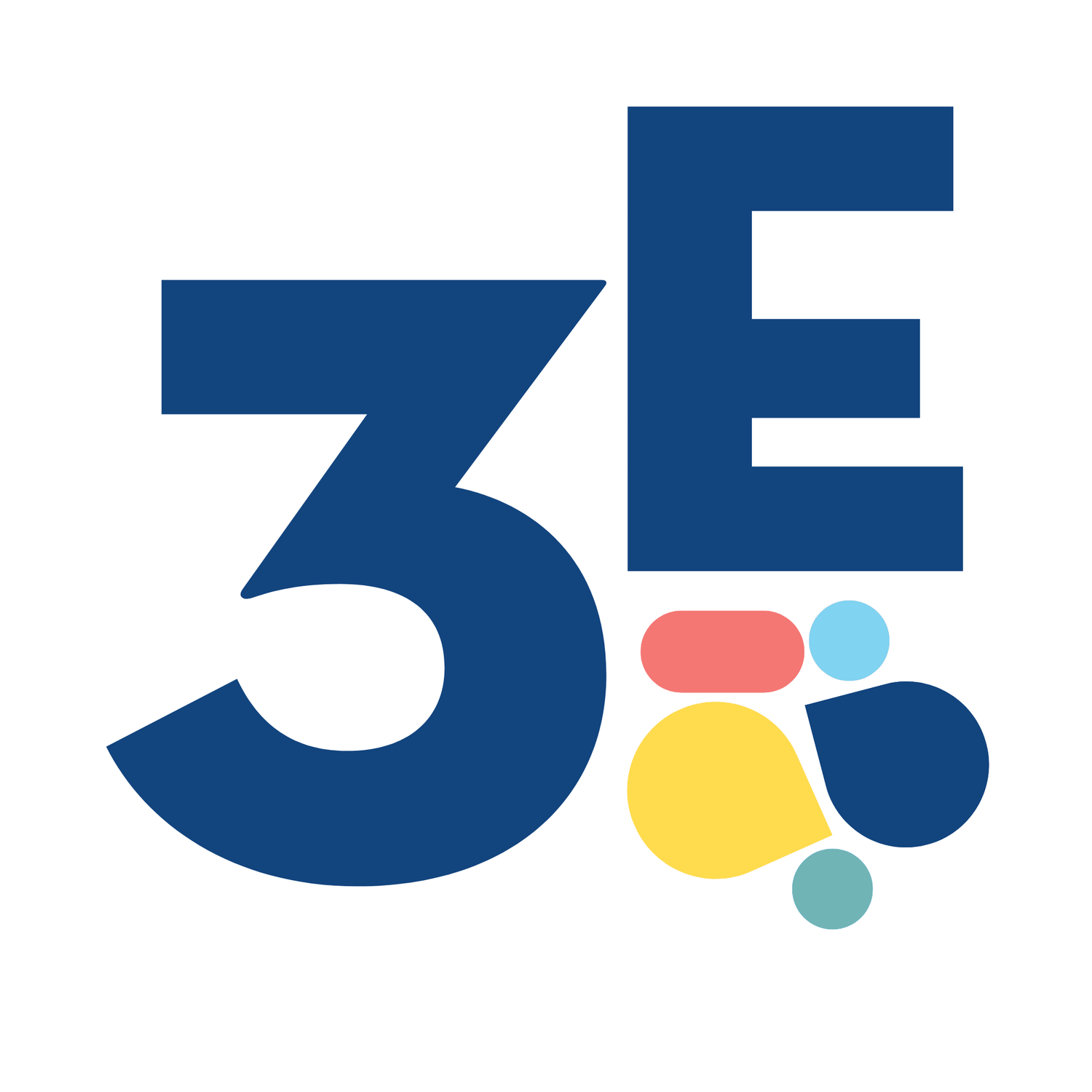MEDIA SKILLS FOR ADULTS
Consequences
of false information
Teaching and learning materials
The materials on this page merge media education with learning English and have been designed especially for English teachers, who are currently working with adult learners. The package provides you with a full lesson plan, but materials can also be used flexibly in smaller parts, and you may pick and combine individual assignments with your own lesson plans. At the end of the page, we have also added a short assignment package for students, which focuses especially on identifying the background reasons, motives and consequences of false or misleading information. It is easy to use either as an individual task or to combine it with group discussion.
-

Adults
The primary target group of this material is the adult learners in higher education organizations. The materials can also be used for non-formal language education, and with older high school pupils.
-

Group size 25 pupils
The material package includes small-group assignments and plenty of discussion. Because of this, the materials as such are not suitable for bigger groups, but can be adapted to different teaching situations.
-

Level B1-B2
The content is not academic and uses mainly general expressions. Assignments include a lot of discussion in English. The skill level assessment has been done by experienced language teachers.
-

Duration 90 minutes
The material is planned for a 90-minute class, but it can be easily divided into two 45-minute sessions as well. In case there’s less time in use, you may consider of using just the assignment package for students.
Learning goals
○ Introduce students to the concepts of false or misleading information and to equip them with the vocabulary to talk about misinformation, disinformation and malinformation.
○ Strengthen students’ ability to express opinions and hold constructive debates in English.
○ Strengthen critical thinking about dissemination of information on social media, especially in the context of migration and ethnic minorities
You can browse through the content of the teaching material by watching this under two-minute video. You may download the teaching material as an editable PowerPoint file, which enables adjusting it to your specific group of adult learners and teaching situation.
Short assignment package
for students
You can do the tasks independently or together with fellow students in a small group.
Watch the video
In the animated video, you can see three stories based on news material. Therefore, the stories tell about genuine, real-life events. However, the names of the people have been changed and the locations of the events have been partly removed. With this, we want to emphasize that the same could happen in many different places and contexts.
2. Answer to the following
questions in English
Choose one of the stories in the video and think about the reasons behind this particular story. Why was such information spread?
How does the story continue? Think of potential scenarios.
Do you know any similar situations or real-life stories where the same could happen or has already happened?
When you are ready, you can change views with a fellow student!
3. Test and reflect
4. Develop your media
literacy skills
It is not always easy to determine what is true and what is not. Recognizing false or misleading information can seem difficult, and the truth is often not a clear-cut matter.
Different media platforms contain a lot of information, which is difficult to clearly classify either as misinformation, disinformation or malinformation. For example, a gossip can be true, but it can also be a lie. Rumors or gossip can be spread because there is a desire to influence or cause harm. However, it is also very common for people not to think about the consequences or to mean no harm when they gossip.
This is why we need to be able to critically evaluate any information we receive from different sources.
Navigating the current media landscape requires good media literacy skills including ability to critical thinking, skills for finding and analyzing information, and a good level of common knowledge. Becoming media-literate is a lifelong, but necessary and potentially also a very exciting, journey.
These materials were produced by Cooperative 3E and Guiti News with the support of the Erasmus+ program funded by the European Union, and the Stiftelsen 7:nde Mars Fonde. Neither the European Union nor the European Education and Culture Executive Agency (EACEA) is responsible for the content of the materials.





